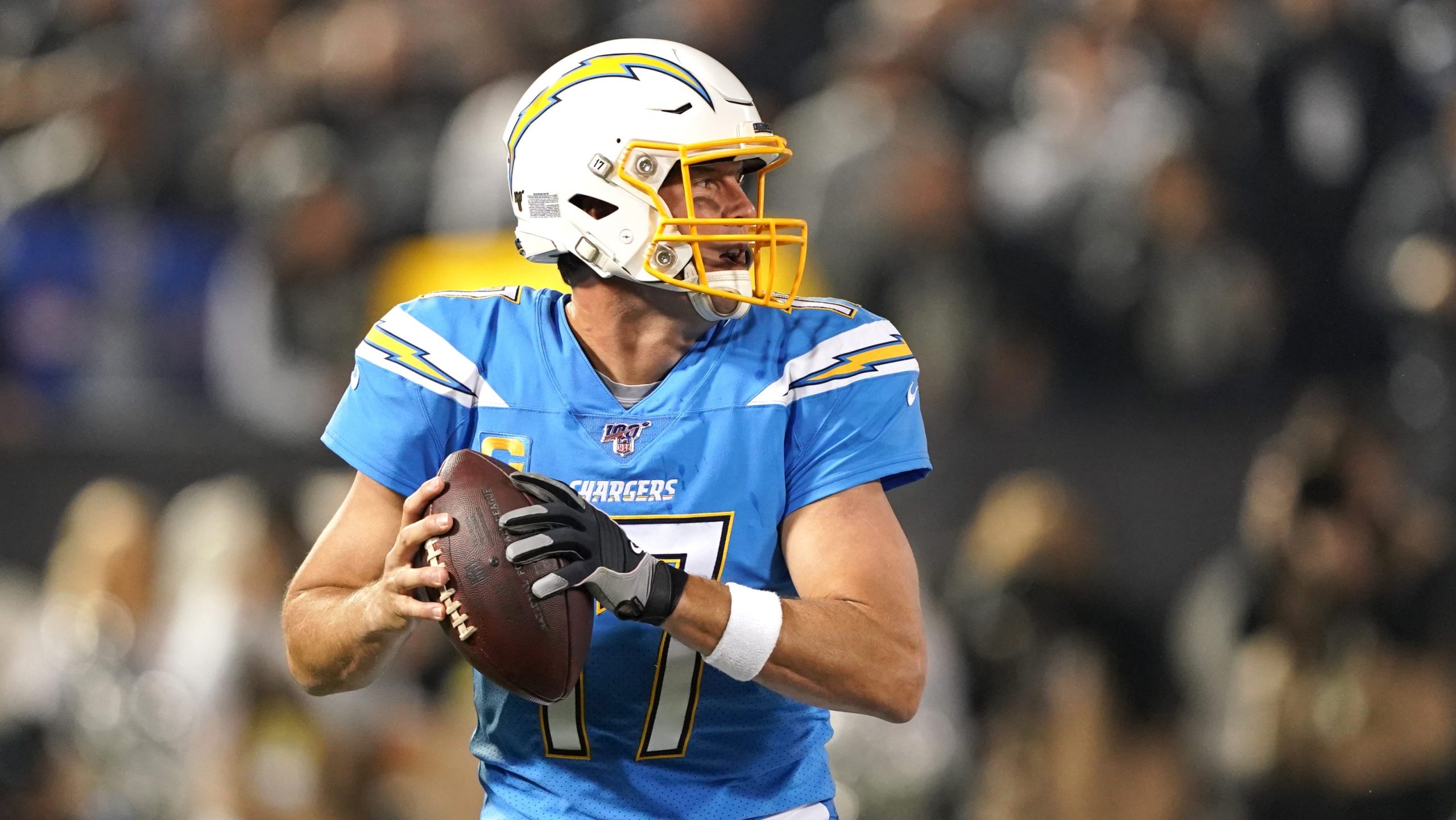The enduring question surrounding Philip Rivers’ illustrious career now takes center stage as football pundits and fans alike grapple with his deservingness for enshrinement in the Pro Football Hall of Fame, a conversation reignited by the recent induction of his former Chargers teammate, Antonio Gates.
Rivers, a steadfast presence under center for 17 seasons, showcased remarkable durability, starting an astounding 240 consecutive regular-season games. This unbroken streak, spanning his tenure with the Chargers from 2006 and culminating with his final season as an Indianapolis Colt in 2020, stands as a testament to his dedication and resilience, a key factor in his Hall of Fame evaluation.
Throughout his distinguished career, the eight-time Pro Bowler amassed numerous individual accolades, including a Comeback Player of the Year award in 2013 and consistent recognition in MVP and Offensive Player of the Year voting. Statistically, Rivers concluded his NFL journey ranked fifth all-time in career passing yards, placing him amongst an elite group of quarterbacks, many of whom are already enshrined or are surefire future Hall of Fame inductees.
His lofty statistical standing places him ahead of several Hall of Fame signal-callers, specifically in career passing yards, behind only legends like Peyton Manning, Brett Favre, Tom Brady, and Drew Brees, with Ben Roethlisberger and Aaron Rodgers also surpassing him in their later careers. This company underscores the significant impact of Rivers’ Quarterback Legacy on the modern NFL.
A significant contributor to Rivers’ sustained productivity and his strong Canton Candidacy was his extraordinary ability to remain healthy. After spending his initial two professional seasons behind Drew Brees in San Diego, Rivers assumed the starting role in 2006 and never relinquished it due to injury, completing 240 consecutive starts, a mark that speaks volumes about his commitment and physical fortitude.
The objective analysis provided by Pro Football Reference’s “Pro Football QB Hall of Fame Monitor” further strengthens Rivers’ case. This metric, which assesses a player’s induction chances based on Approximate Value, Pro Bowls, All-Pros, championships, and statistical milestones, rates quarterbacks on a scale where 100 signifies the “average Hall of Fame quarterback.” Rivers’ score of 98.06, while marginally below the average, notably surpasses the evaluations of enshrined Hall of Famers such as Terry Bradshaw, Kurt Warner, and Warren Moon, bolstering his Pro Football Stats argument.
Even offshore betting markets, despite their unregulated nature, have acknowledged Rivers’ potential, setting early odds for him as a first-ballot Hall of Famer at 25/1. While immediate enshrinement may present a challenge, the prevailing sentiment and statistical evidence strongly suggest that a future induction into the NFL Hall of Fame is not only likely but perhaps an inevitable recognition of his distinguished career.
Ultimately, Philip Rivers’ long and productive Philip Rivers career, marked by statistical achievements, remarkable durability, and consistent performance, presents a compelling argument for his place among the game’s greatest. His journey from a promising prospect to a prolific passer firmly positions him within the discussion for football’s highest honor.
As the debate continues, the former Chargers Colts quarterback’s impact on the league, his leadership, and his statistical footprint are undeniable, making his eventual enshrinement in Canton seem increasingly probable.





Leave a Reply